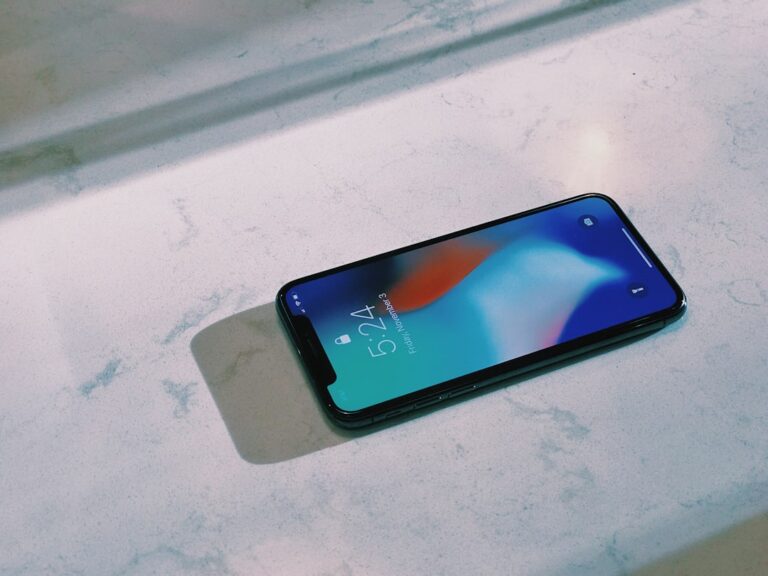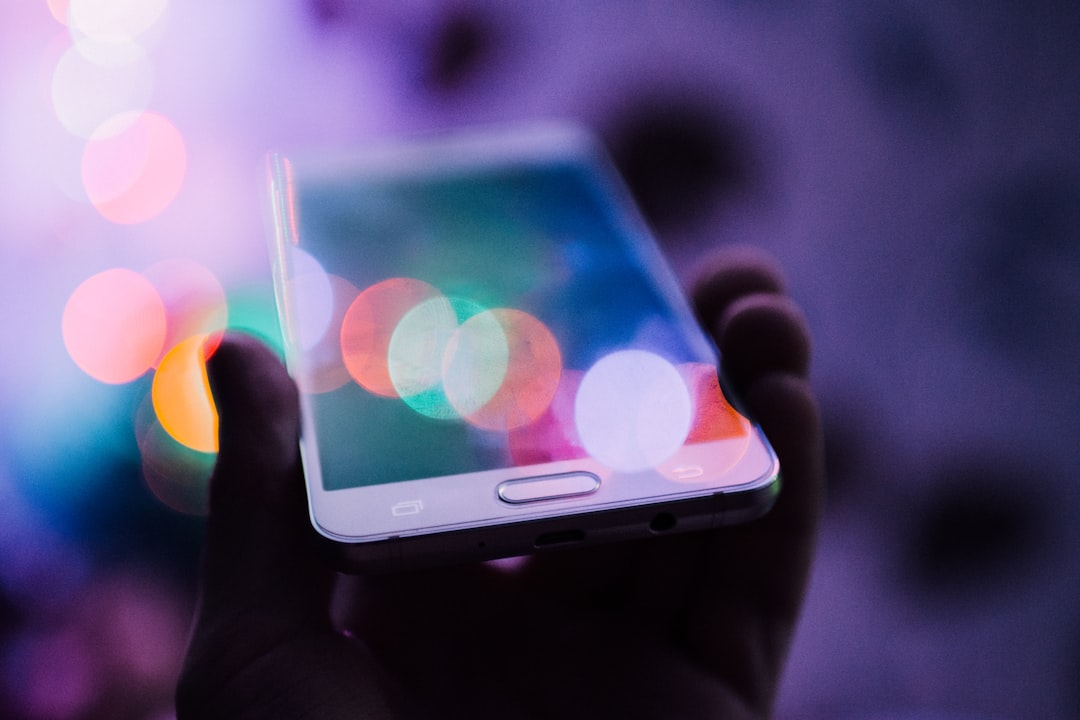Caller ID spoofing in Augusta, Georgia, is a growing concern where scammers manipulate phone signals for fraudulent activities. Residents facing unwanted calls from unknown sources can consult an Unwanted Call Lawyer Georgia to understand their legal rights and combat these deceptive practices. The state's strict Unwanted Call Laws protect residents, but the rise of advanced technology by scammers requires robust call screening systems and legal measures. Machine learning and AI aid in detecting fraudulent calls, enhancing security for individuals and businesses against spoofed calls and identity theft attempts.
In the digital age, caller ID spoofing poses a growing concern for residents and businesses in Augusta, Georgia. This deceptive practice involves manipulating phone numbers to display false information, potentially leading to identity theft, fraud, and privacy breaches. This article delves into the intricacies of caller ID spoofing, exploring its mechanisms, legal implications under Georgia’s unwanted call laws, and the impact on local communities. We also provide practical advice on protecting yourself and the role technology plays in combating this modern-day menace, empowering Augusta residents with knowledge to safeguard against spoofed calls and consult an unwanted call lawyer Georgia if necessary.
Unveiling Caller ID Spoofing: How It Works

Caller ID spoofing is a deceptive technique where an incoming call’s information is manipulated, often showing a false number or name to mislead the recipient. In Augusta, Georgia, this practice has become a growing concern for many residents who receive unwanted calls. It typically involves hackers using advanced technology to intercept and alter phone signal data before it reaches the caller’s device.
When someone makes a call, their phone sends out signals containing the calling party’s details. Spoofing software can capture these signals and modify them in real time, displaying a fake number or even a name not affiliated with the actual caller. This manipulation allows scammers and fraudsters to hide their true identities, making it easier for them to deceive unsuspecting individuals. For Georgia residents facing unwanted calls from unknown sources, seeking legal advice from an experienced unwanted call lawyer could be a crucial step in understanding their rights and options.
Legal Aspects: Georgia's Unwanted Call Laws

In Augusta, Georgia, the legal landscape surrounding caller ID spoofing is primarily governed by the state’s Unwanted Call Laws. These laws are designed to protect residents from unwanted and fraudulent calls, including those that display false or misleading information on Caller ID. A prominent aspect of these regulations is the restriction on telemarketers and robocallers who attempt to make contact without prior consent.
Georgia law allows individuals to take legal action against those who make unwanted calls, particularly when such calls invade personal privacy or cause distress. An unwanted call lawyer Georgia can guide residents through this complex legal territory, helping them understand their rights and available remedies. Those found guilty of violating these laws may face substantial fines, underscoring the state’s commitment to safeguarding its citizens from deceptive and harassing communication practices.
Impact on Augusta Residents and Businesses

In Augusta, like anywhere else, residents and businesses face a growing threat from caller ID spoofing. This deceptive practice, where scammers manipulate phone numbers to appear as legitimate sources, has far-reaching implications. Augusta residents often find themselves receiving calls from unknown numbers that mimic local businesses or government agencies, leading to unnecessary stress and potential harm. Scammers exploit this trust to manipulate individuals into providing sensitive information or even engaging in fraudulent activities.
For businesses, the impact is significant. Unwanted call lawyer Georgia cases are on the rise, with many companies falling victim to these spoofed calls. This not only disrupts operations but also damages customer trust and increases legal exposure. Businesses must now invest in robust call screening systems and employ legal measures to combat this growing problem, ensuring they can protect their clients and themselves from the negative consequences of caller ID spoofing.
Protecting Yourself from Spoofed Calls

In Augusta, as in many places, unwanted calls have become a ubiquitous part of daily life. However, some calls go beyond mere nuisance—they’re fraudulent attempts at identity theft, scams, or even threats. One of the most insidious methods is caller ID spoofing, where a scammer manipulates the display to show a legitimate number. Fortunately, there are steps you can take to protect yourself from these spoofed calls.
Engage in due diligence by verifying the identity of any unfamiliar callers. Be wary of sudden requests for personal or financial information. If you suspect a call is fraudulent, report it immediately to local law enforcement and consider consulting with an unwanted call lawyer in Georgia. Many reputable legal firms specialize in dealing with such issues, offering guidance tailored to your situation and helping to mitigate potential damage from these deceptive practices.
The Role of Technology in Combating Spoofing

In the digital age, technology plays a pivotal role in combating caller ID spoofing. Advanced technologies like machine learning and artificial intelligence are being employed to detect and block fraudulent calls. These tools can analyze call patterns, identify anomalies, and flag suspicious activities in real time, providing an extra layer of protection for Augusta residents from unwanted call lawyers in Georgia.
Additionally, telecommunications companies are enhancing their security measures by implementing robust authentication protocols and encryption techniques. These innovative solutions aim to make it more difficult for scammers to mask their identities, thus reducing the impact of spoofing. By staying at the forefront of technological advancements, individuals can better safeguard themselves against deceptive practices and ensure a safer communication environment.






